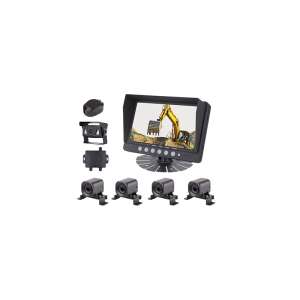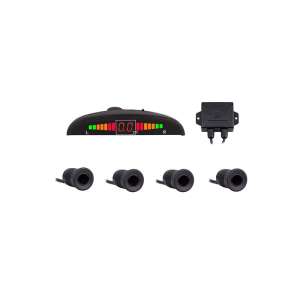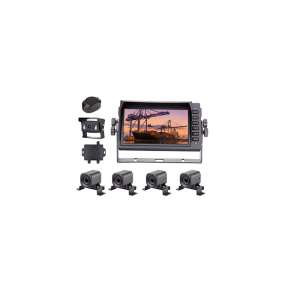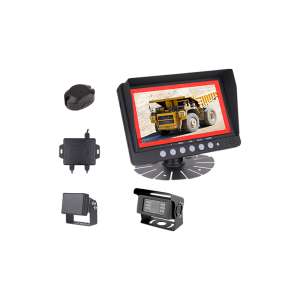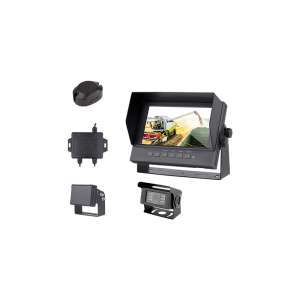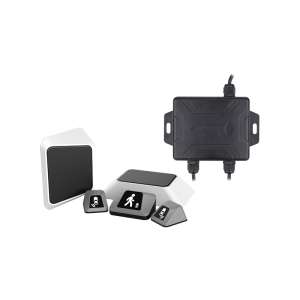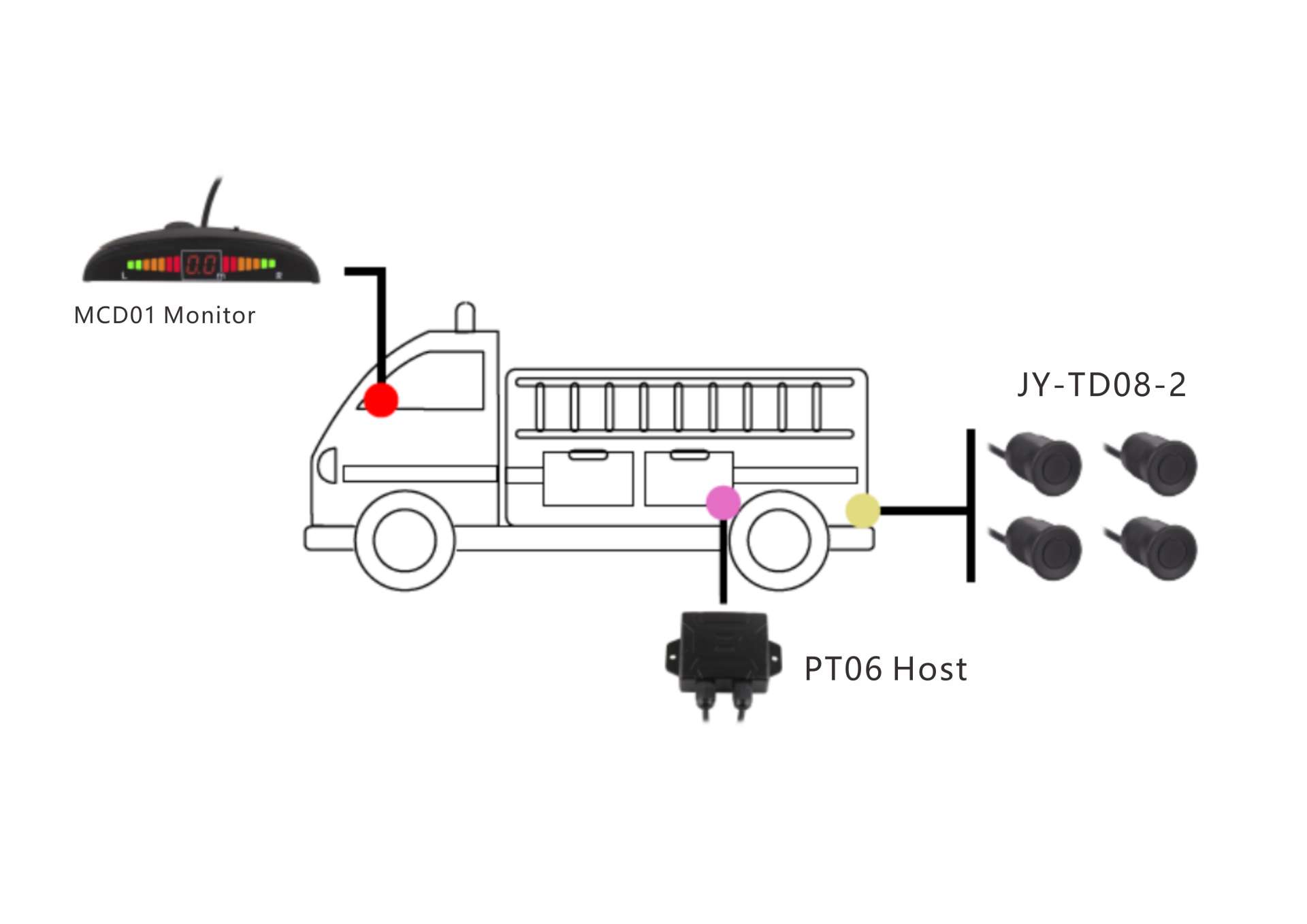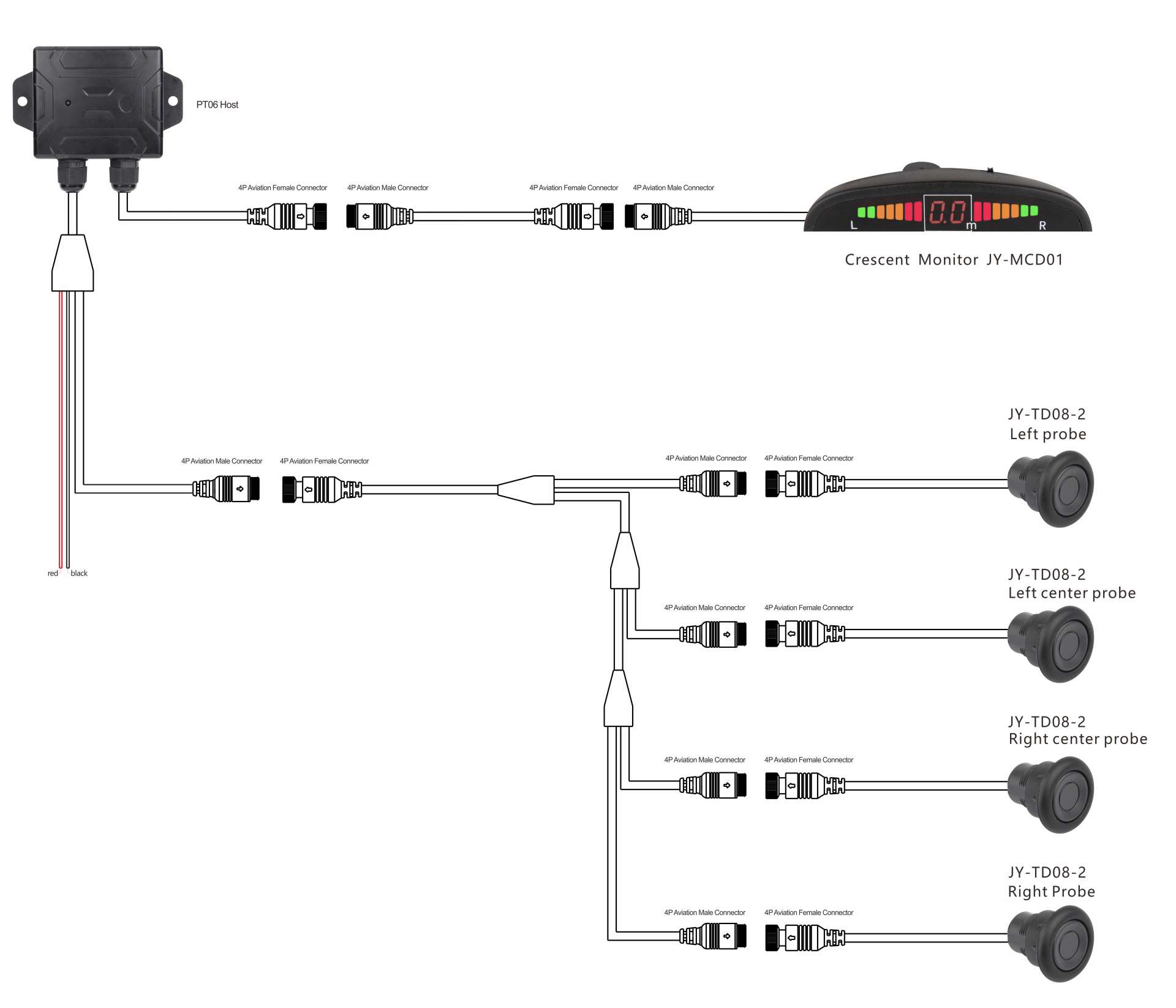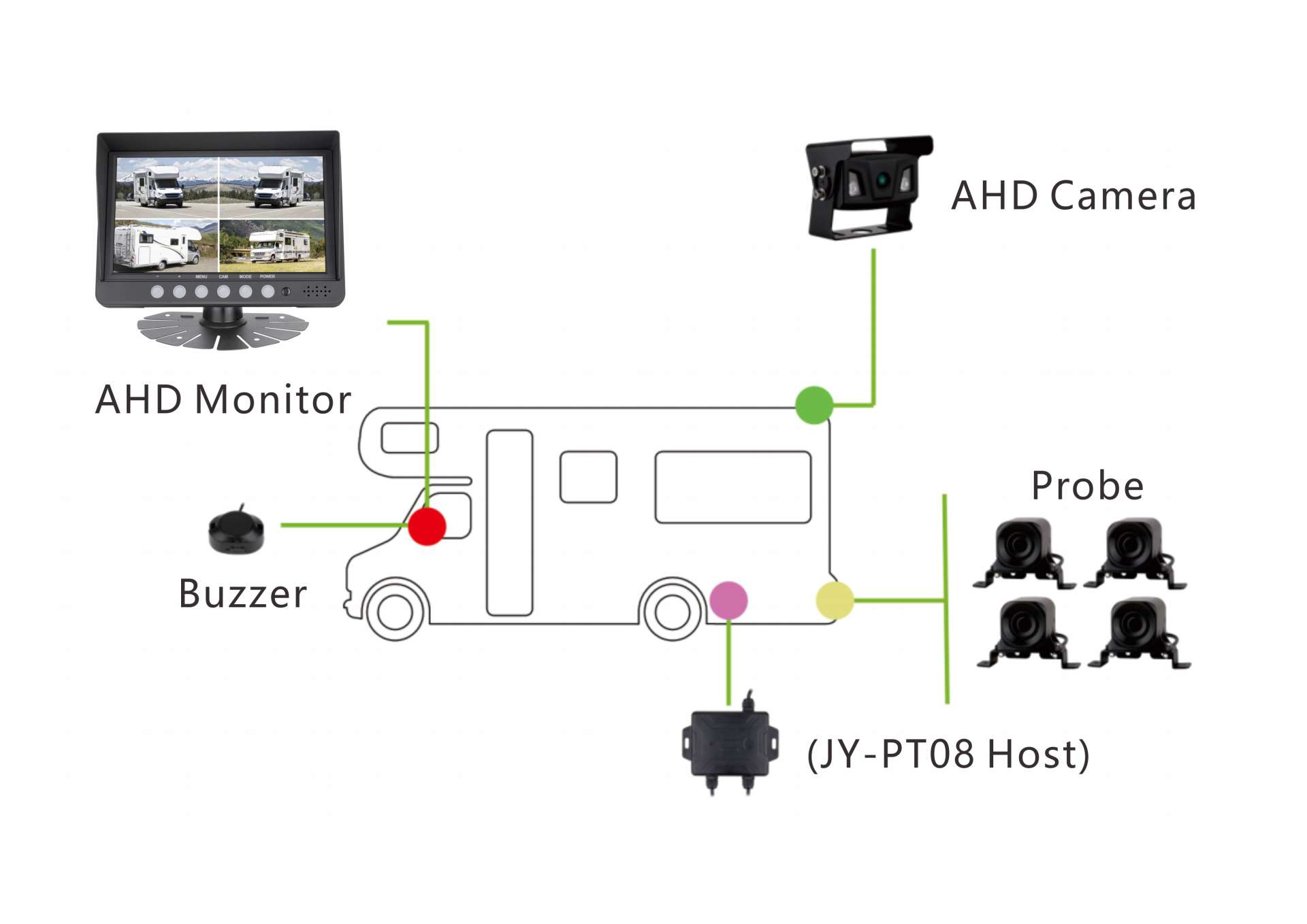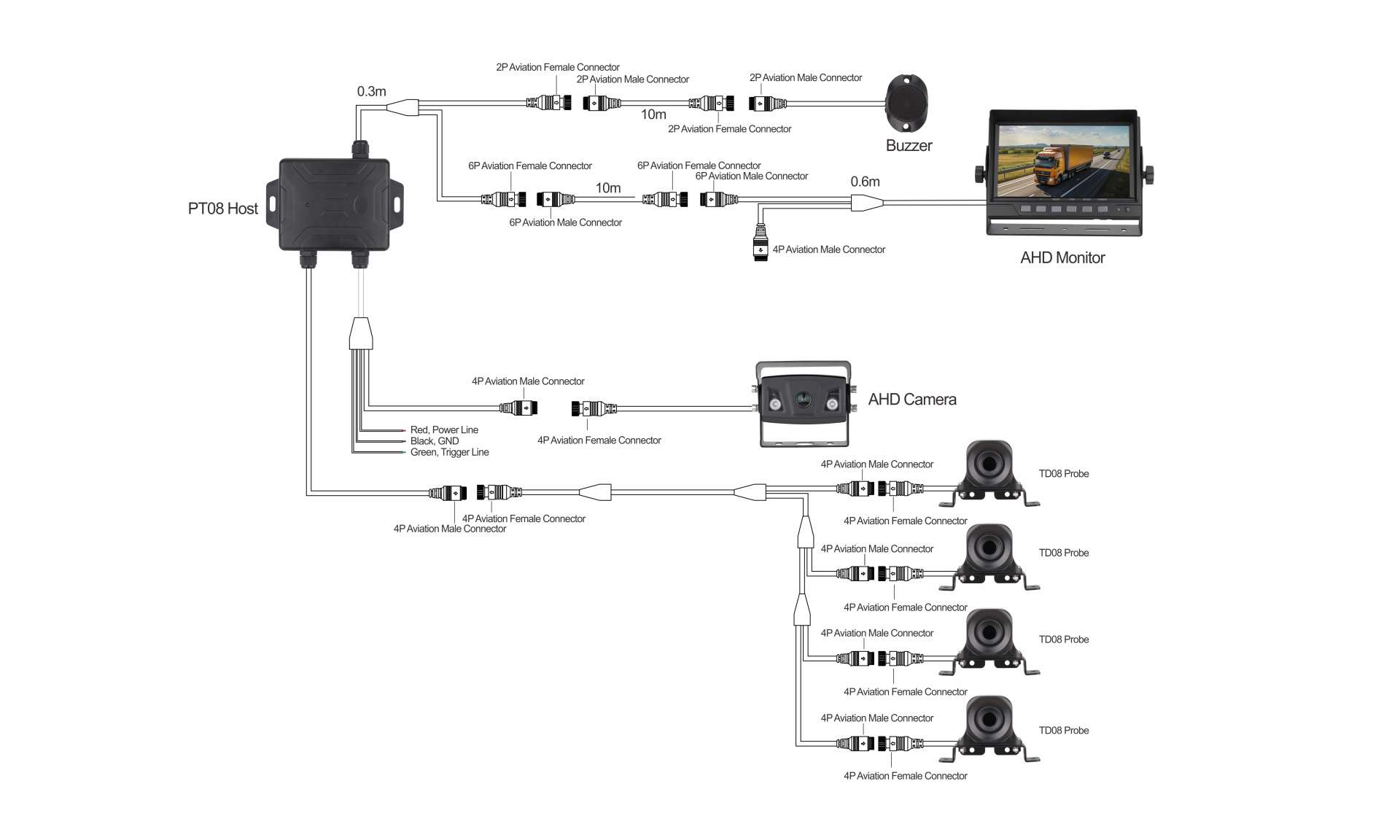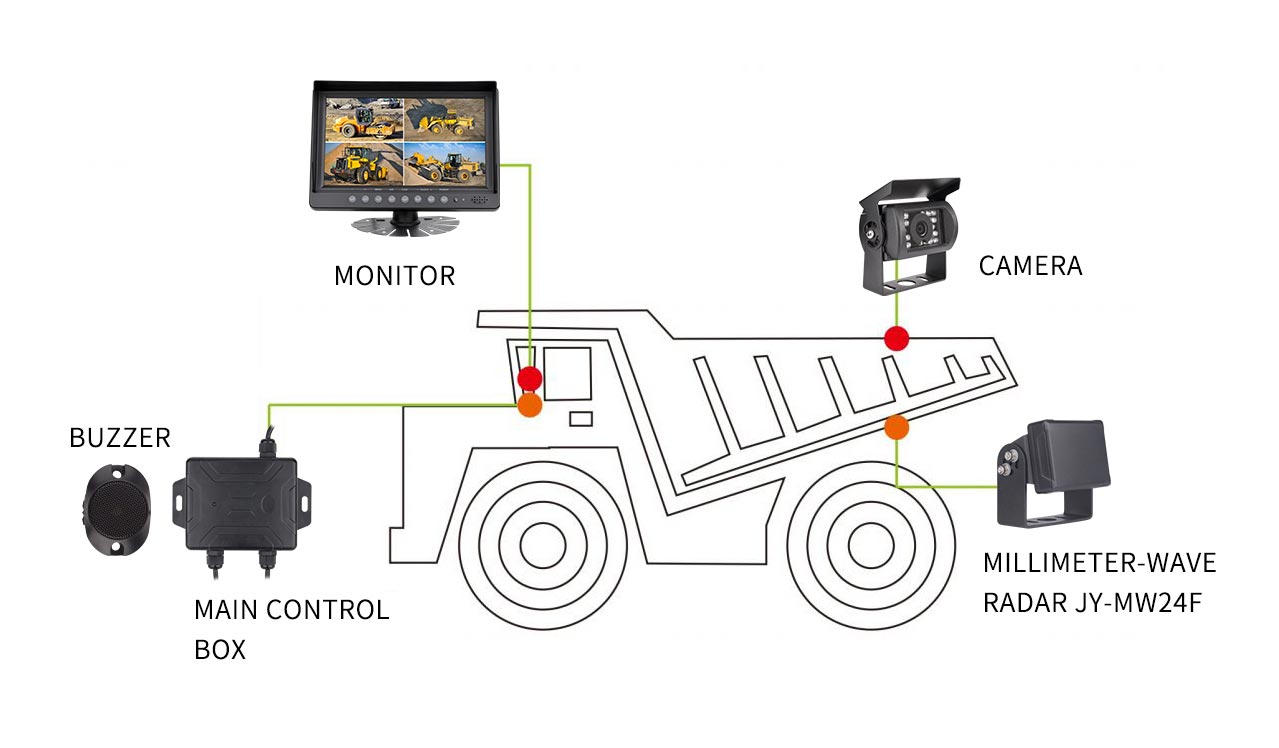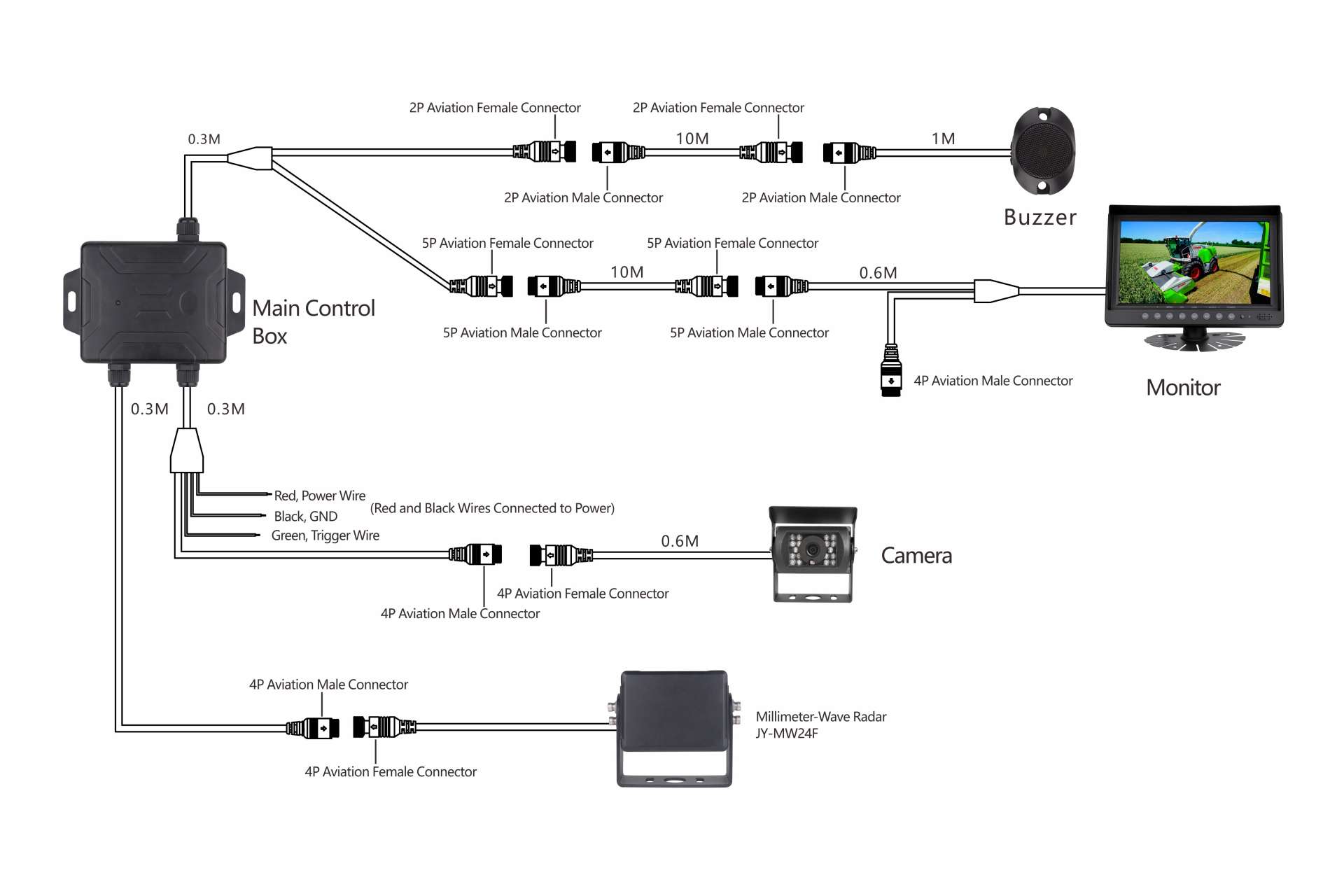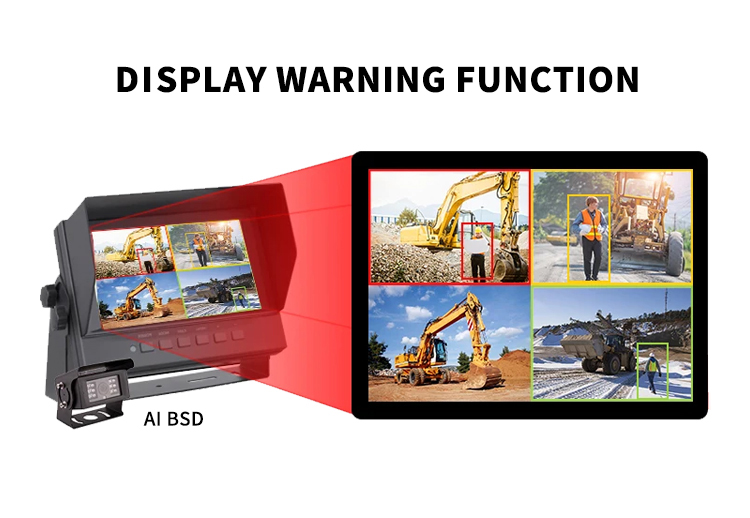All Parking Sensors
Luview is a professional backup parking sensor manufacturer and supplier from China, we specializes in developing, manufacturing and supplying millimeter wave parking sensors and microwave radar systems. For more information, please contact us by [email protected] .
- Display 9 Products per page
Why are parking radar systems important?
Parking radar systems are crucial safety assistance features in the automotive field. The primary reason for utilizing radar systems is the significant limitations of traditional rearview systems.
Generally, the coverage angle of rearview cameras is insufficient. By the time drivers see obstacles on the display, the obstacles are often very close to the vehicle, which can easily lead to dangerous situations. The parking radar system addresses this issue by using ultrasonic sensors to detect obstacles behind the vehicle. It then alerts the driver to the proximity of these obstacles through audible beeps, providing an additional layer of awareness.
This enhances both the safety and convenience of driving. Parking radar systems are particularly invaluable for detecting low-lying obstacles that are difficult to observe directly. Thus, parking radar systems play an irreplaceable role in modern vehicle safety.
Enhancing Safety
Parking radar systems help drivers detect obstacles when reversing, such as other vehicles, walls, poles, and even children or pets, preventing collisions.
Eliminating Blind Spots
When reversing, drivers may experience blind spots due to the vehicle structure, rearview mirror angles, and weather conditions. Parking radar systems detect obstacles in these blind spots, compensating for the driver’s limited visibility.
Providing Distance Information
As the vehicle approaches an obstacle, the parking radar system conveys specific distance information to the driver through auditory or visual signals, ensuring a safe distance is maintained between the vehicle and the obstacle.
Increasing Reversing Efficiency
For novice drivers or when parking in tight spaces, parking radar systems greatly simplify the reversing process, making parking easier and quicker.
Adapting to Complex Environments
Parking radar systems effectively operate in low light, rainy, snowy conditions, or when visibility is obstructed, helping drivers accurately assess the situation behind the vehicle.
Reducing Physical Damage
By preventing collisions, parking radar systems indirectly reduce physical damage to both the vehicle and obstacles, saving on repair costs.
What radar systems does LUVIEW offer?
LUVIEW’s radar products can be divided into ultrasonic radar systems and millimeter wave radar systems. The ultrasonic radar systems include the PT06 Crescent Radar System and the PT08 Visual Radar System, with a maximum detection range of 3 meters. The millimeter wave radar systems, such as our bestselling PT09, have a maximum detection range of up to 30 meters.
PT06 Crescent Radar System
Installation Diagram
Wiring Diagram
Core advantages of the pt06 crescent radar system
1. Digital radar with precise and stable distance measurement.
2. Waterproof main unit with IP67 waterproof and dustproof rating.
3. Capable of passing EMC tests.
4. Wide voltage range: 12-32V.
5. Low power consumption: <2.5W.
PT08 Ultrasonic Radar System
Installation Diagram
Wiring Diagram
PT08 Operating Modes
- No Reverse Trigger Mode
Without connecting the trigger wire, when there are no obstacles within 1.5 meters behind the vehicle, the display shows the full-screen camera image. If an obstacle is detected within 1.5 meters, the display automatically splits to show both the radar icon and video image.
- Reverse Trigger Mode
When the trigger wire is connected, the display is always split, with the left side showing the camera image and the right side displaying the vehicle model and obstacle distance.
Core Advantages of the PT08 Ultrasonic Radar System
1. Wide voltage input (12-48V)
2. Low power consumption (within 5W)
3. Visualization (video and radar signals displayed simultaneously)
4. AHD high-definition display (720P input, 720P output)
5. Customizable vehicle model
6. Digital radar with stable and reliable signal transmission
PT09 Millimeter Wave Radar System
Installation Diagram
Wiring Diagram
PT09 Display Modes
15M-30M: Green frame flashes
5M-15M: Yellow frame flashes
<5M: Red frame flashes
Core Advantages of the PT09 Millimeter Wave Radar System
1. Primarily used for collision warning in low to mid-speed vehicles.
2. Cannot detect stationary vehicles and people.
3. Utilizes a combination of video frame flashing and buzzer alarms.
4. Detection range: 15 meters for people, 30 meters for vehicles.
5. Features a display combining video and radar signals.
For customized solutions or to explore industry-leading performance and reliability, contact us at [email protected] or call our hotline. Our professional team will tailor the best parking radar solution for you!
About Us
Contact
- Building E, Huayi Liwei Industrial Park, No.308 Huanguan Road, Longhua District, Shenzhen China.
- +86 (755) 27042170
- +86 13537831093
- [email protected]

